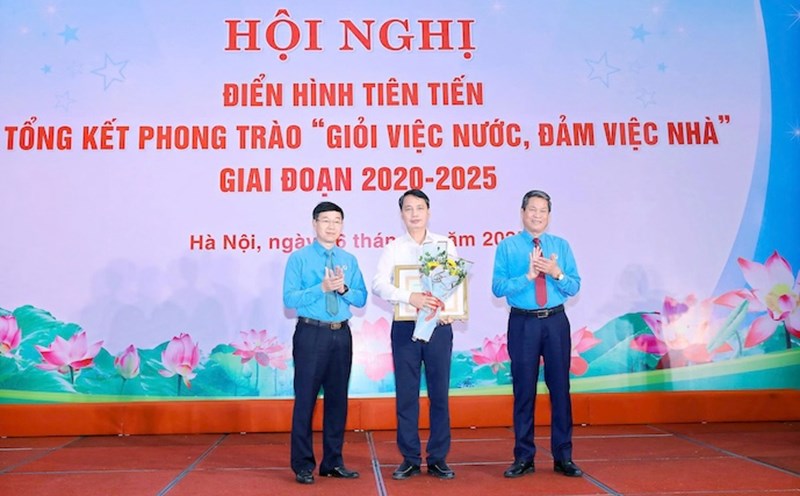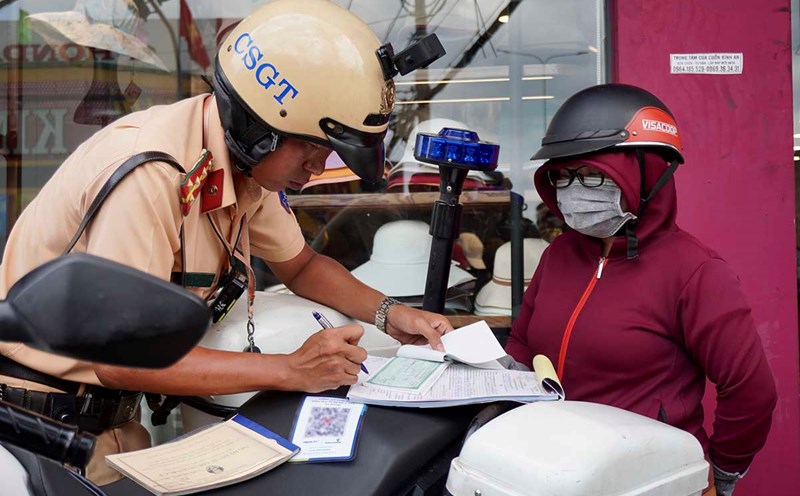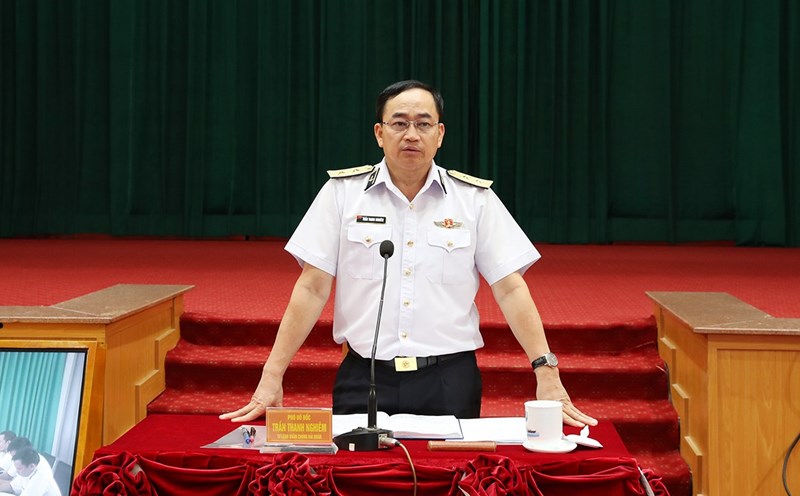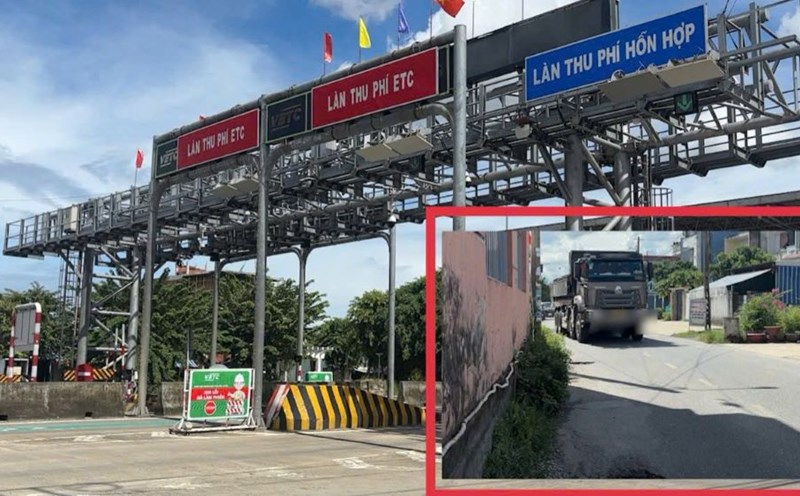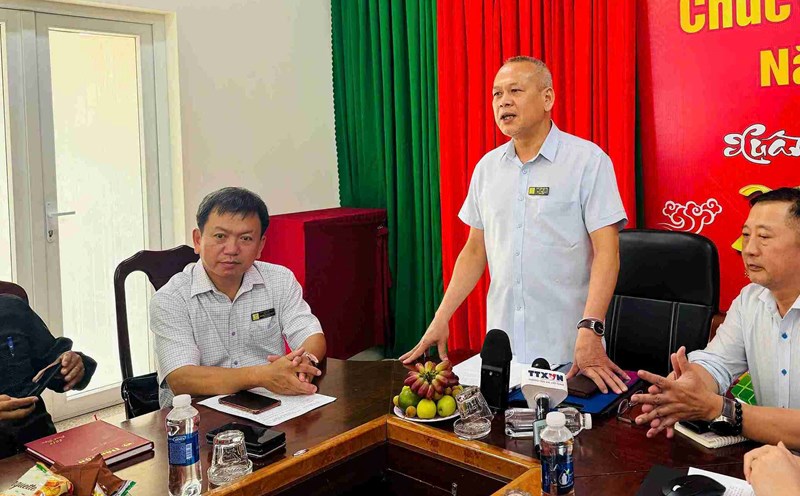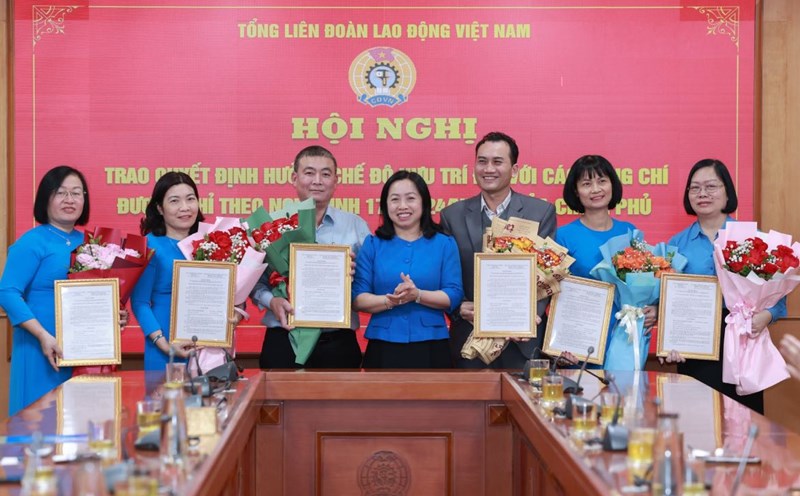After a period of implementation, state management of agriculture and environment has arisen many difficulties and limitations that need to be handled such as problems due to inconsistent and synchronous regulations between the system of legal documents; problems due to unclear, inappropriate or unfeasible regulations in practice...
On September 18, 2025, the Ministry of Agriculture and Environment chaired a workshop on "Distribution and consultation on the draft Law amending and supplementing a number of articles of laws in the fields of agriculture and environment".
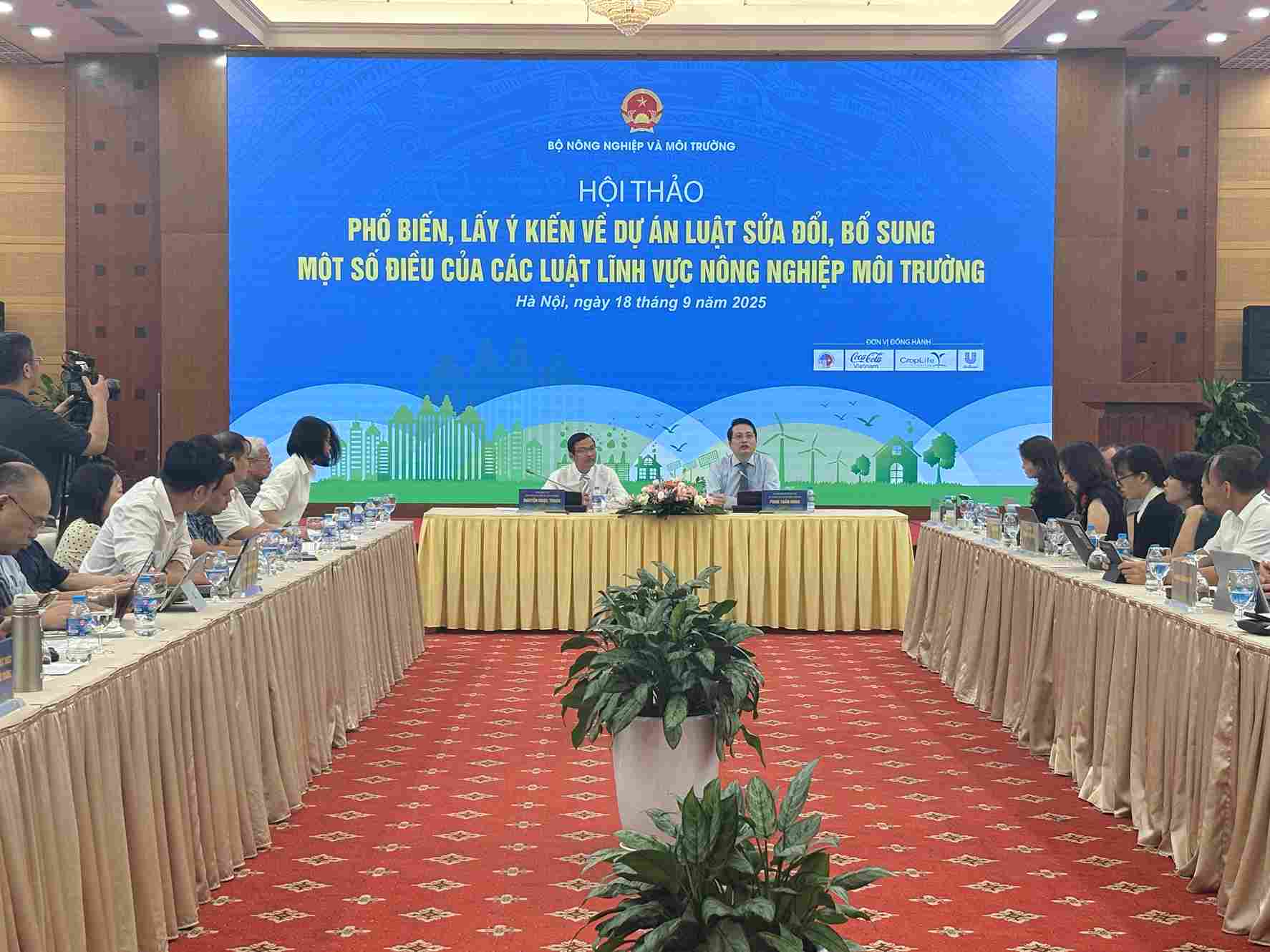
In his opening speech, Editor-in-Chief of the Agriculture and Environment Newspaper Nguyen Ngoc Thach affirmed: "The development of this Law project is a necessary and urgent requirement with the goal of both ensuring early completion and stability of a synchronous, unified, harmonious, and legal legal legal system to be completed within 2 years according to the direction and requirements of the National Assembly and the Government, while ensuring amendments and supplements to regulations on simplifying administrative procedures and reducing investment and business conditions; and ensuring amendments and supplements to legal regulations in accordance with practical requirements".
According to the Legal Department (Ministry of Agriculture and Environment), this Draft Law will amend and supplement 15 laws, including: Law on Environmental Protection; Law on Plant Protection and Quarantine; Law on Livestock; Law on Biodiversity; Law on Dikes; Law on Measurement and Mapping; Law on Hydrometeorology; Law on Forestry; Law on Natural Disaster Prevention and Control; Law on Water Resources and Environment; Law on Veterinary Resources, marine and Islet Environment; Law on Irrigation; Law on Fisheries; Law on Crop Production (Land, Geology and Mineral Resources Laws are amended according to separate projects).
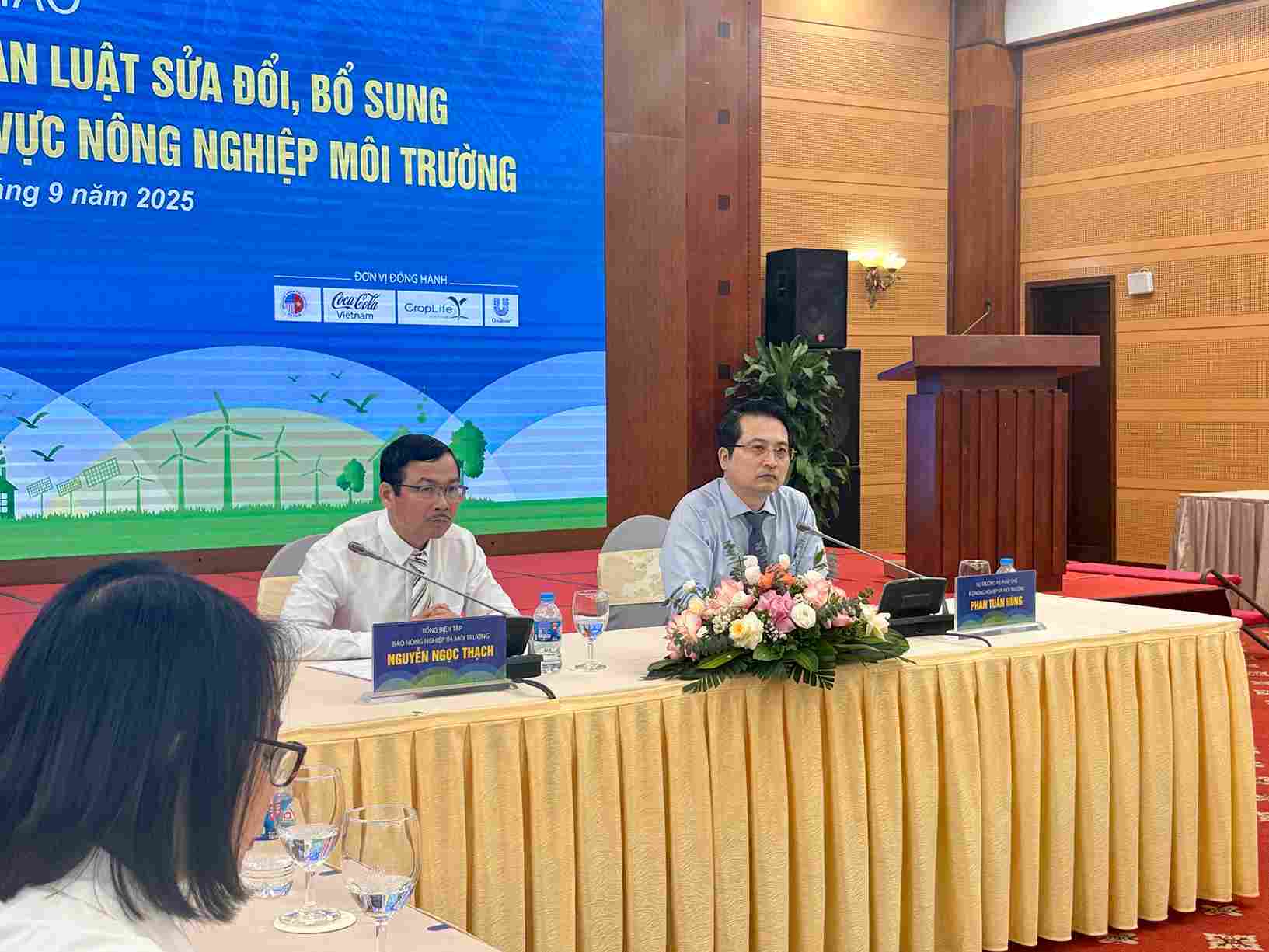
The Ministry of Agriculture and Environment said that during this period, the Draft will only focus on handling clear and urgent "bottlenecks". Other problems will be studied and included in the overall reform program for the 2026 - 2030 period, ensuring consistency and long-term sustainability.
Commenting at the workshop, a representative of Croplife Vietnam commented on amending the Law on Plant Protection and Quarantine. In Article 49 of this Law, businesses recommend changing the approach from "risk" to "risk". At the same time, it is recommended to apply a risk assessment process based on science, in harmony with international practices. According to businesses, risk-based management will help eliminate or limit pesticides based on scientific evidence and risk control capability, instead of just based on the level of harm.
Discussing the draft Law on Environmental Protection, Ms. Le Thi Hoai Thuong, representative of the American Chamber of Commerce in Vietnam, proposed that it is necessary to soon have an incentive policy for recycled packaging, such as exempting manufacturers from extended liability obligations for packaging made from recycled PET plastic or other environmentally friendly materials, to promote businesses to switch to using sustainable packaging.
In addition, the delegates also proposed to abolish reissuance, extend the veterinary drug circulation license and allow official import of livestock breeds, and build solid houses on agricultural land for some specific livestock.
These comments are all aimed at removing obstacles, creating more favorable conditions for production and business activities, and at the same time promoting sustainable development of the agricultural sector.
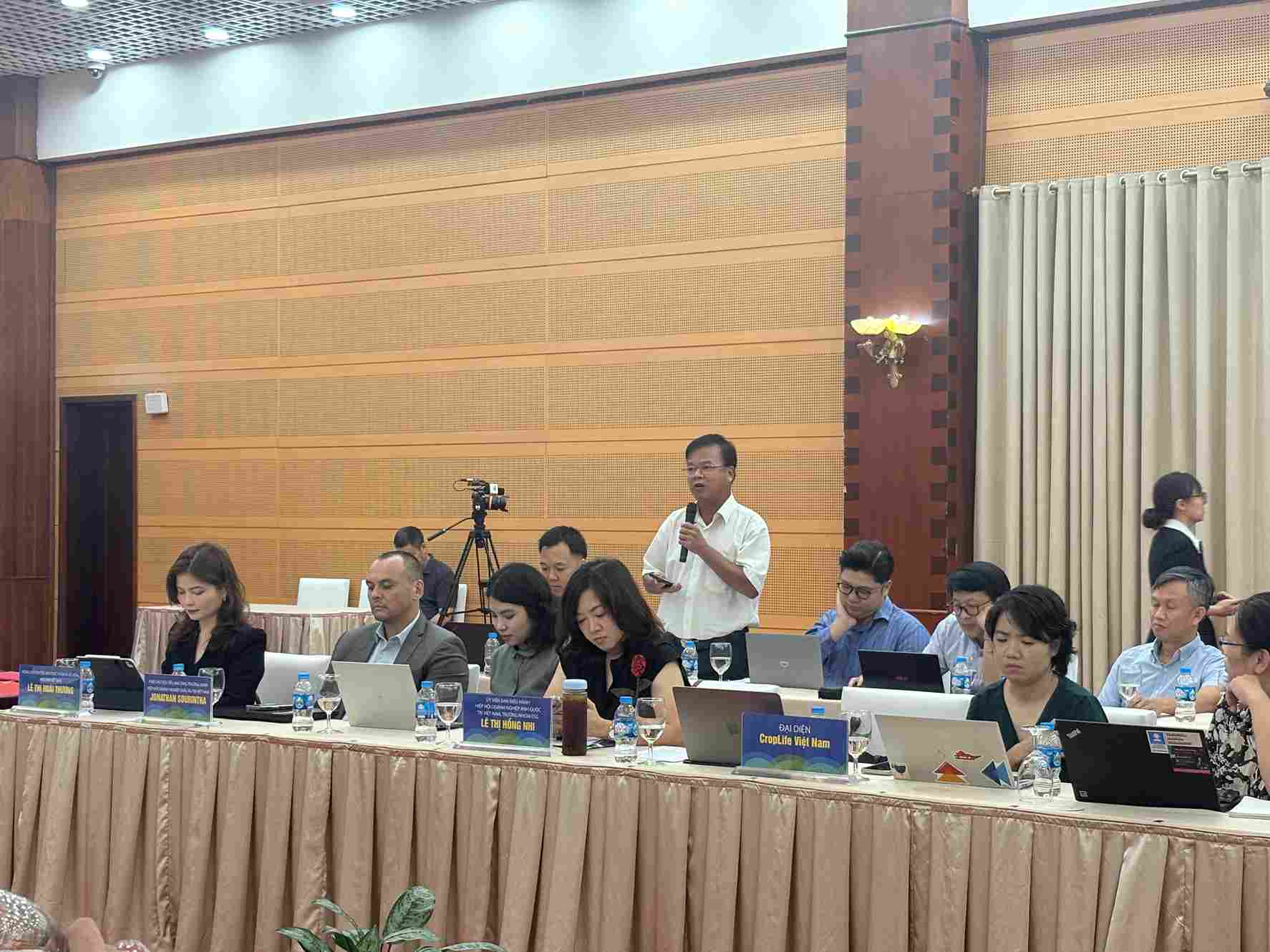
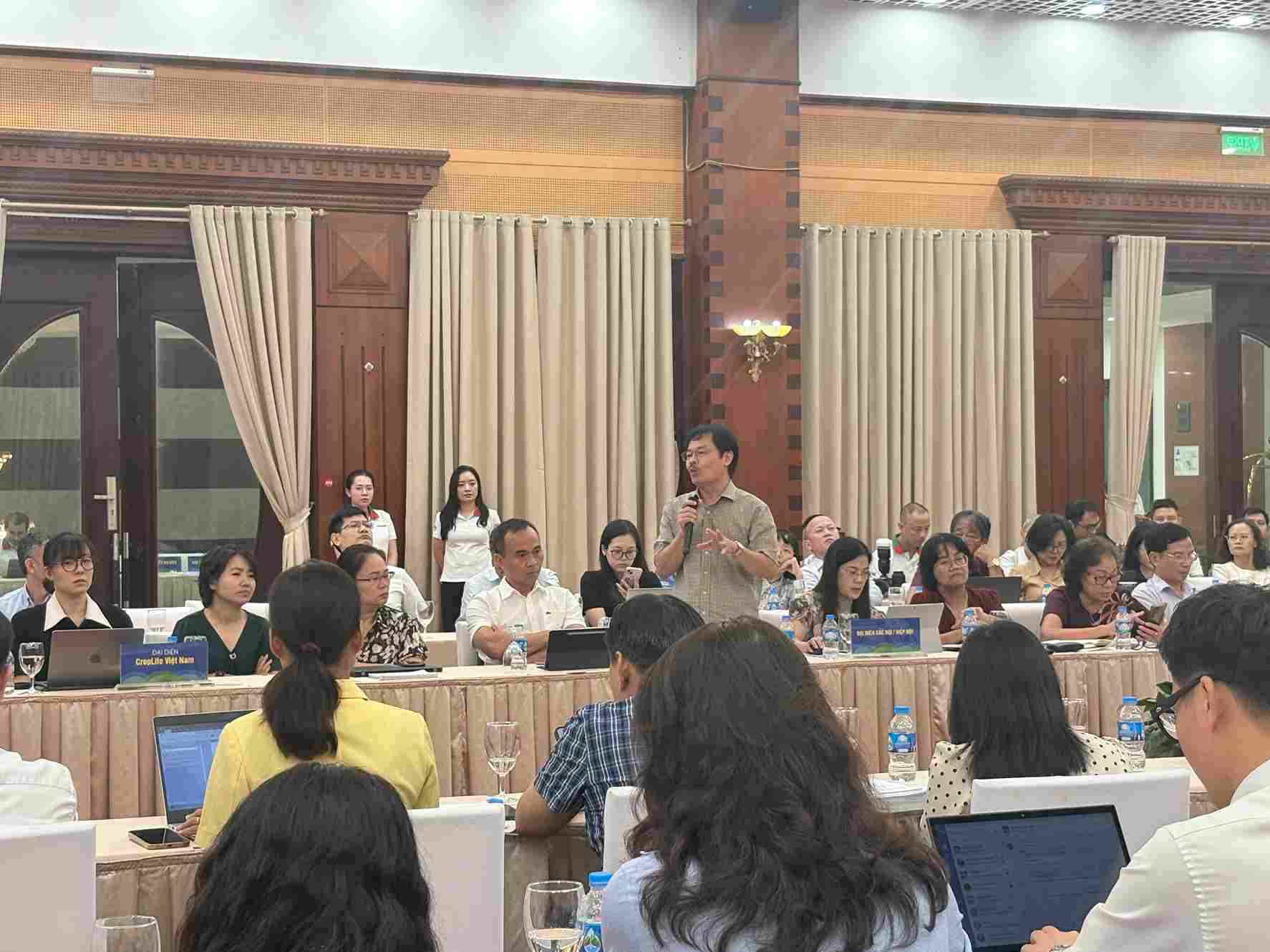
The representative of the Vietnam Livestock Association emphasized that the amendment of the law needs to ensure consistency between legal regulations, avoid overlap, and thoroughly grasp the spirit of streamlining the payroll, socialization, and decentralization to localities when assigning additional management responsibilities.
The opinions at the workshop will be compiled, serving as an important basis for continuing to improve the Draft. Urgent issues will be selected and resolved immediately, while maintaining a comprehensive review roadmap, ensuring the feasibility and consistency of the legal system in the agricultural and environmental fields.

